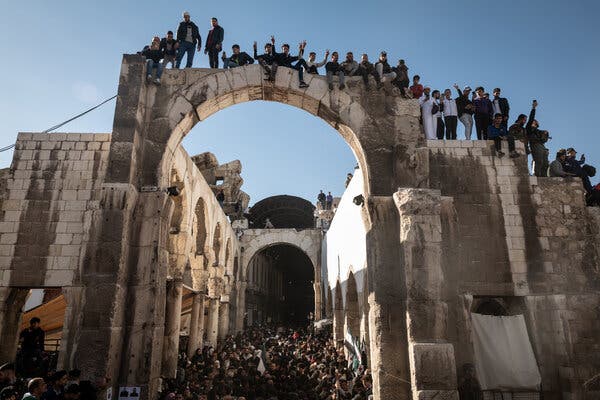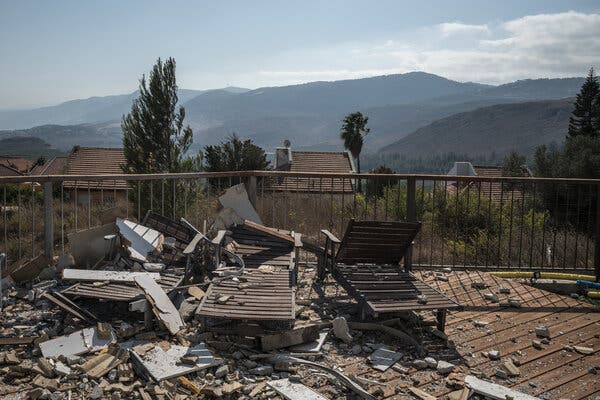The Israeli military decided to strike at the Hezbollah leader because it believed there was only a short window before he disappeared to a different location, three senior Israeli officials said.

Israeli leaders had been aware of Hassan Nasrallah’s whereabouts for months and decided to strike him this past week because they believed they had only a short window of opportunity before the Hezbollah leader would disappear to a different location, according to three senior Israeli defense officials.
Two of the officials said that more than 80 bombs were dropped over a period of several minutes to kill him. They did not confirm the weight or make of the bombs.
Hezbollah operatives found and identified Mr. Nasrallah’s body early Saturday, along with that of a top Hezbollah military commander, Ali Karaki, according to the officials, who cited intelligence obtained from inside Lebanon. All three officials spoke on the condition of anonymity to discuss a sensitive matter.
Hezbollah confirmed on Saturday that Mr. Nasrallah was killed in the Israeli strikes.
The operation had been planned since earlier in the week, as Israeli political leaders spoke with their American counterparts about the possibility of a cease-fire in Lebanon, and before Benjamin Netanyahu, the Israeli prime minister, left Israel to give a speech at the United Nations, according to two of the officials.
All three officials said that Hashem Safieddine, a cousin of Mr. Nasrallah who is a key player in the movement’s political and social work, was one of the few remaining senior Hezbollah leaders not present at the site of the strike. They said that Mr. Safieddine, who has long been considered a potential successor to Mr. Nasrallah, could be announced shortly as Hezbollah’s new secretary-general.
Ronen Bergman is a staff writer for The New York Times Magazine, based in Tel Aviv. His latest book is “Rise and Kill First: The Secret History of Israel’s Targeted Assassinations,” published by Random House. More about Ronen Bergman
Patrick Kingsley is The Times’s Jerusalem bureau chief, leading coverage of Israel, Gaza and the West Bank. More about Patrick Kingsley



